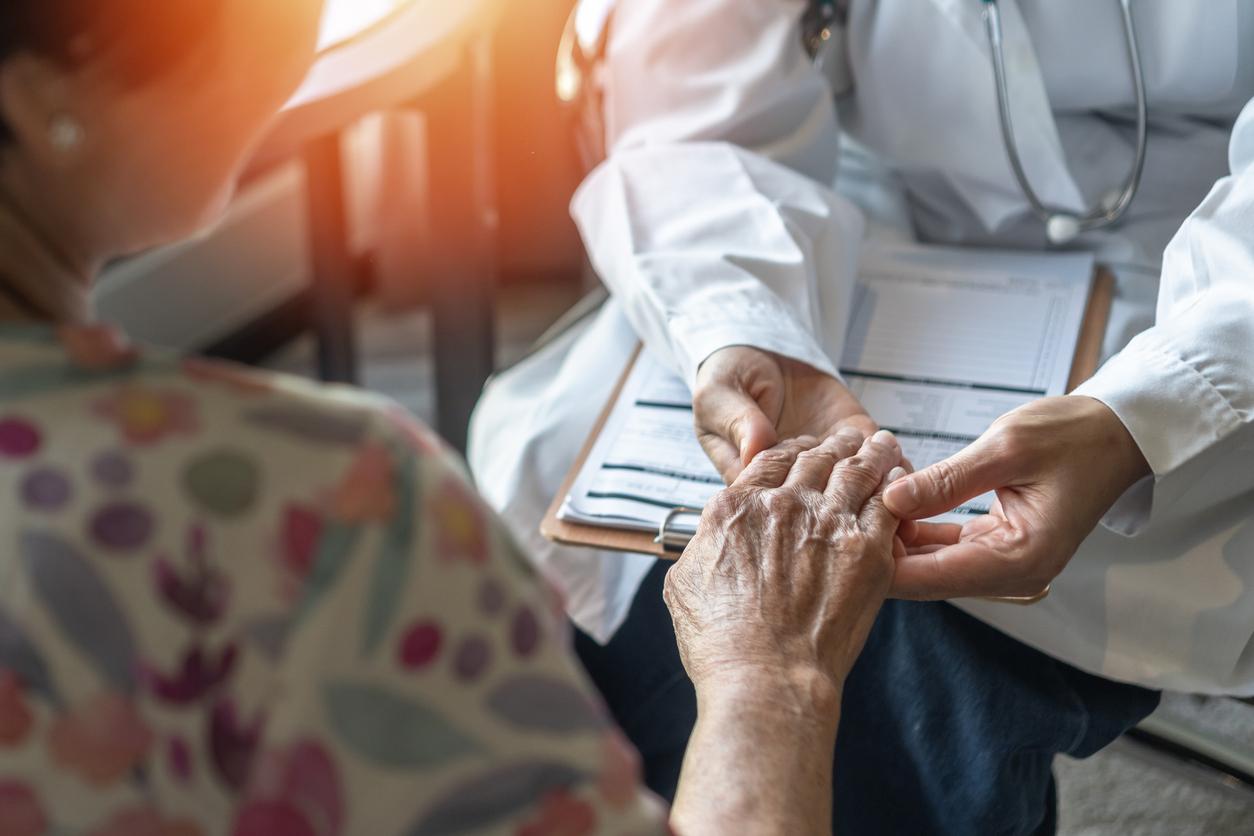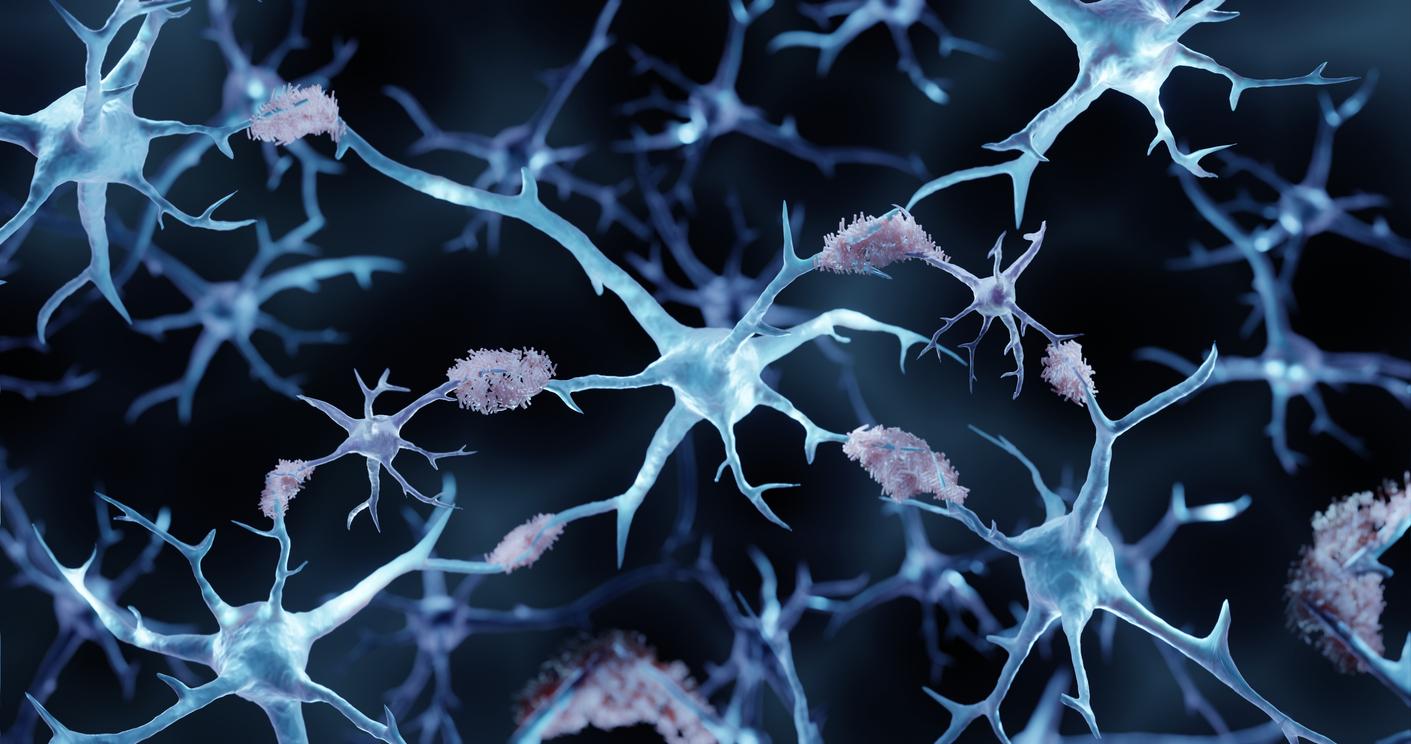How you feel around your friends can affect how your body works.

- Over three weeks, 4,500 adults answered questions about their positive and negative experiences with their friends and assessed their blood pressure and heart rate.
- Participants who had more positive experiences and fewer negative experiences had better physiological functioning in everyday life.
- The ups and downs in friendships also impact stress levels.
Choosing the right friends can be good for your health. This was revealed by scientists from the University of California (USA). To reach this conclusion, they conducted research published in the journal Social Psychological and Personality Science. “Social relationships influence physical health, but questions remain about the nature of this association. For example, when it comes to predicting health-related processes in daily life, few studies have examined the ‘significance of positive and negative relational experiences and their variability’, the researchers said.
Friendships: less stress among adults with more positive experiences
As part of the work, the team recruited 4,500 people. For three weeks, participants carried out daily checks using their smartphone or connected watch, which assessed their blood pressure and heart rate. Every three days, the volunteers had to share their thoughts on their closest relationship, detailing their positive and negative experiences.
According to the results, people who had more positive experiences and fewer negative experiences reported being less stressed, having better coping skills and lower systolic blood pressure responsiveness. This translated into better physiological functioning in everyday life.
“Also, it’s not just how we feel about our relationships that matters, the ups and downs are important too,” said Brian Don, author of the study, in a statement. Clearly, the variability of negative relationship experiences, such as conflict, was particularly predictive of outcomes such as stress and coping.
The pandemic has “created tensions in human relations”
According to Brian Don, it is important to consider how external stressors can affect people’s relationships and, therefore, their physical health. “As the pandemic has created considerable tension, turbulence and variability in human relationships, it can indirectly alter stress, coping and physiology in daily life, all of which have important implications for the well -to be physical he added.
Going forward, the researcher suggests going further to better understand how relationships can affect health. “It would be useful to examine other physiological states, such as neuroendocrine or sympathetic nervous system responses, as outcomes of positive and negative daily relationship experiences, which may reveal different patterns of association.”















